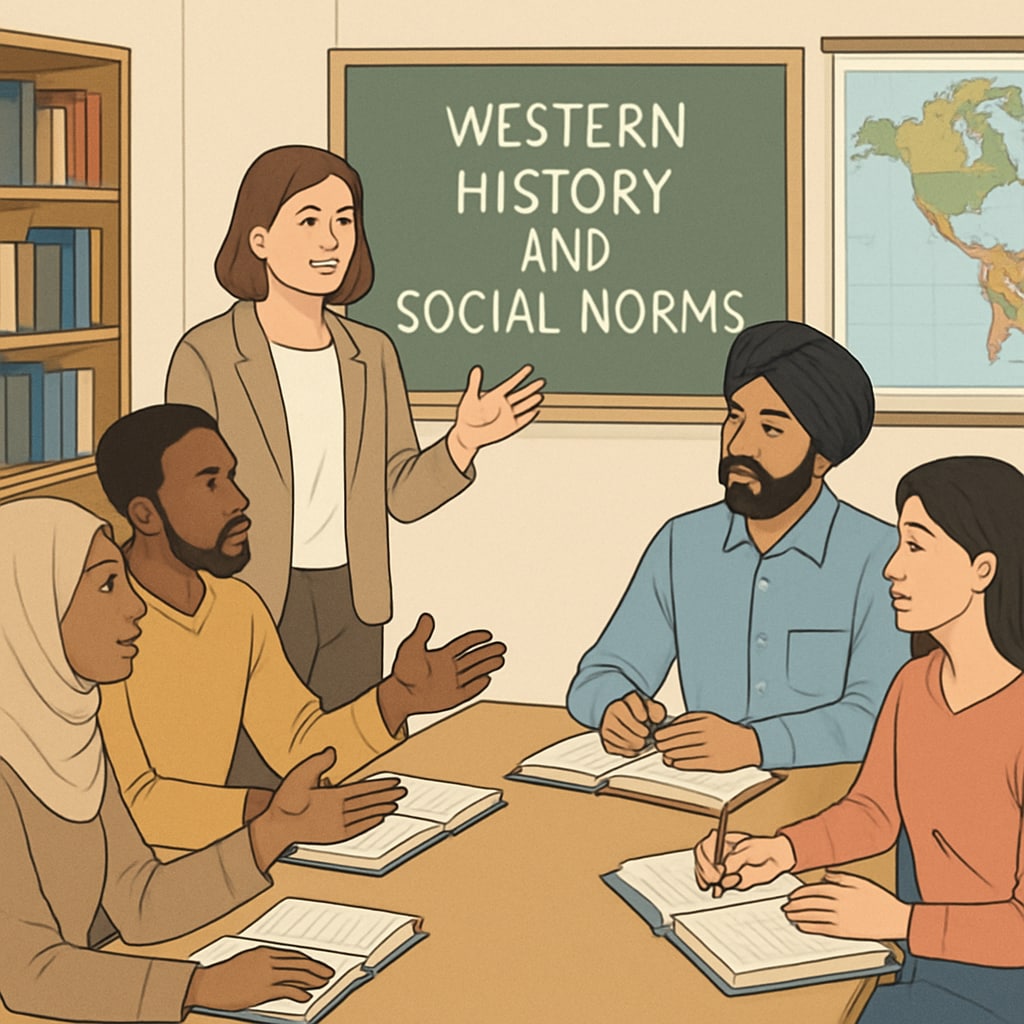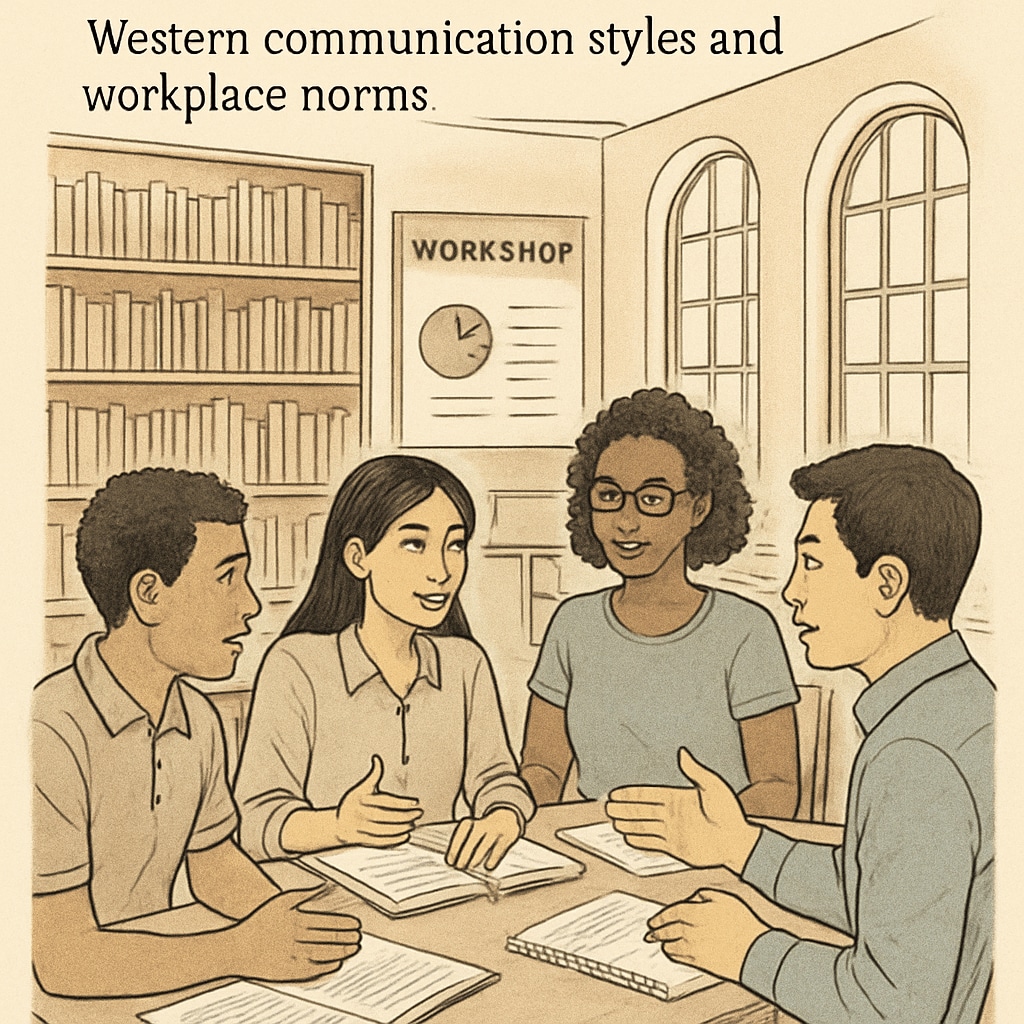In today’s globalized world, international students often face challenges when adapting to Western culture due to gaps in foundational knowledge. Adult education programs in New York offer a unique opportunity for these students to bridge cultural divides, foster a deeper understanding of Western traditions, and achieve personal and professional growth. From targeted courses on history and social norms to practical workshops on communication styles, the city provides a wealth of resources for cultural adaptation and lifelong learning.
Why Cultural Adaptation Matters for Adult Learners
For many international students, moving to a Western country like the United States brings not just academic challenges but also cultural ones. Adapting to new societal norms, workplace expectations, and interpersonal communication styles can be overwhelming. Programs focused on adult education play a crucial role in easing this transition by offering specialized courses that address these gaps in foundational knowledge.
For example, cultural adaptation courses often include lessons on Western history, political systems, and everyday etiquette. These programs help students navigate social interactions with greater confidence and integrate into their communities more effectively. As a result, adult learners develop skills that are essential for their personal and career success.

Top Adult Education Resources in New York
New York City is renowned for its diversity and educational opportunities, making it an ideal location for international students seeking cultural adaptation programs. Some of the best resources for adult learners include:
- Community Colleges: These institutions often offer affordable courses designed for adult learners, covering topics such as American history, communication in multicultural settings, and workplace etiquette.
- Language and Cultural Centers: Organizations like the International Center of New York provide workshops and seminars to help students understand Western customs and improve their English language skills.
- Libraries: Public libraries, such as the New York Public Library, host free or low-cost cultural events, lectures, and resources that cater to adult education and cultural adaptation.
In addition to formal courses, many programs incorporate experiential learning opportunities, such as field trips to historical landmarks or participation in local community events. These experiences enrich students’ understanding of Western culture and provide practical applications for their knowledge.

Key Benefits of Building Foundational Knowledge
Programs that focus on foundational knowledge offer several benefits for international adult learners:
- Improved Communication Skills: Understanding Western communication styles helps international students express themselves more effectively in academic, social, and professional contexts.
- Enhanced Cultural Integration: Learning about Western customs and traditions fosters a deeper connection with local communities, reducing feelings of isolation.
- Career Advancement: Familiarity with workplace etiquette and cultural norms prepares students for success in their professional endeavors.
By addressing gaps in cultural and historical understanding, these courses empower students to embrace their new environment and thrive in diverse settings.
Readability guidance: Use concise paragraphs and bullet points to summarize key concepts. Include frequent transitions such as “for example” and “as a result” to maintain flow. Aim for clear and accessible language suitable for adult learners.


